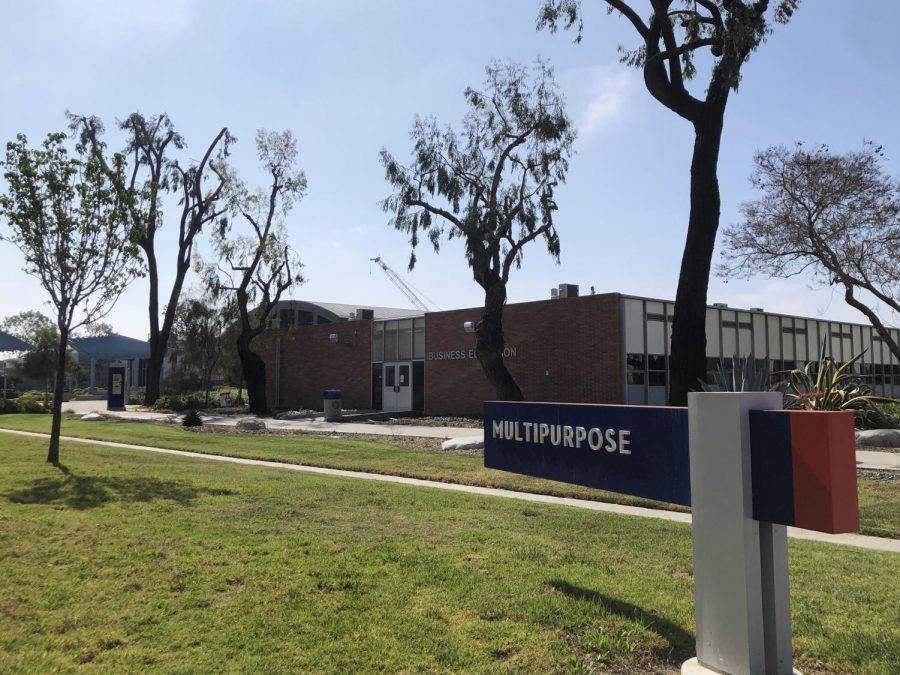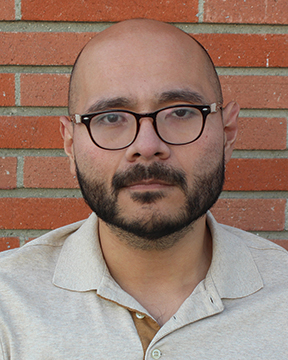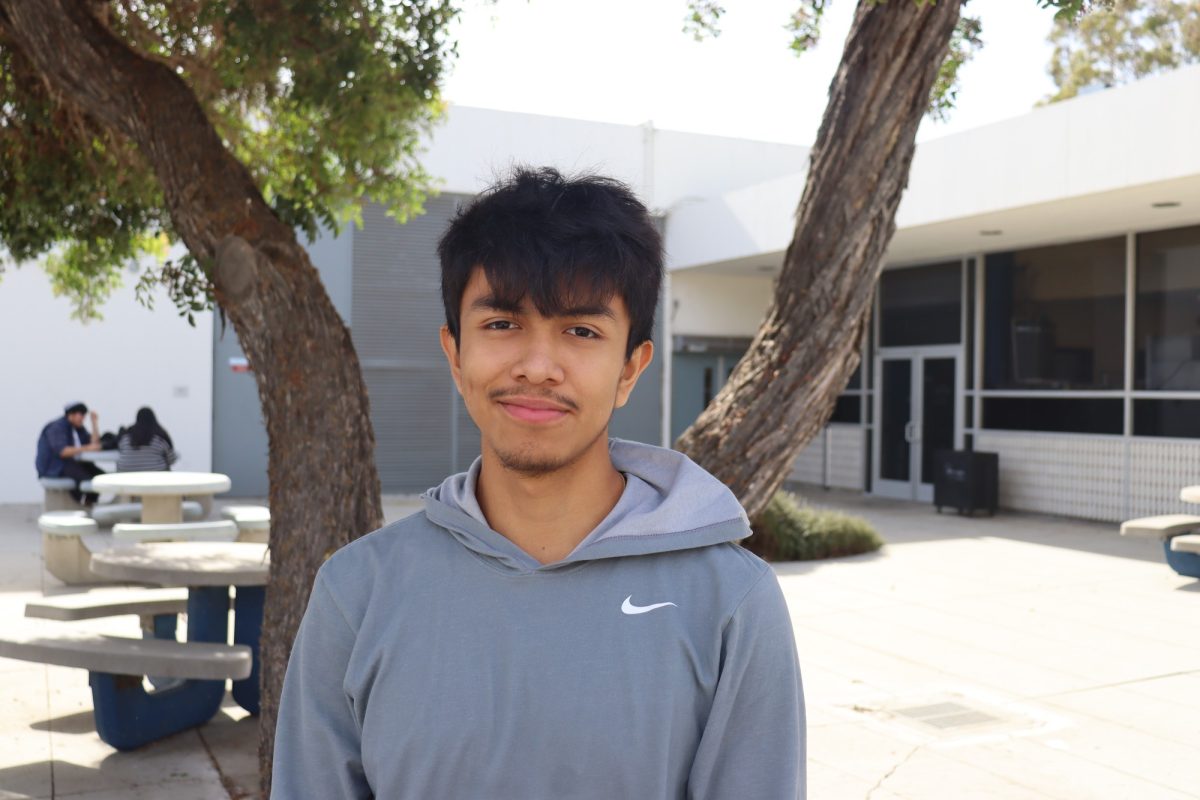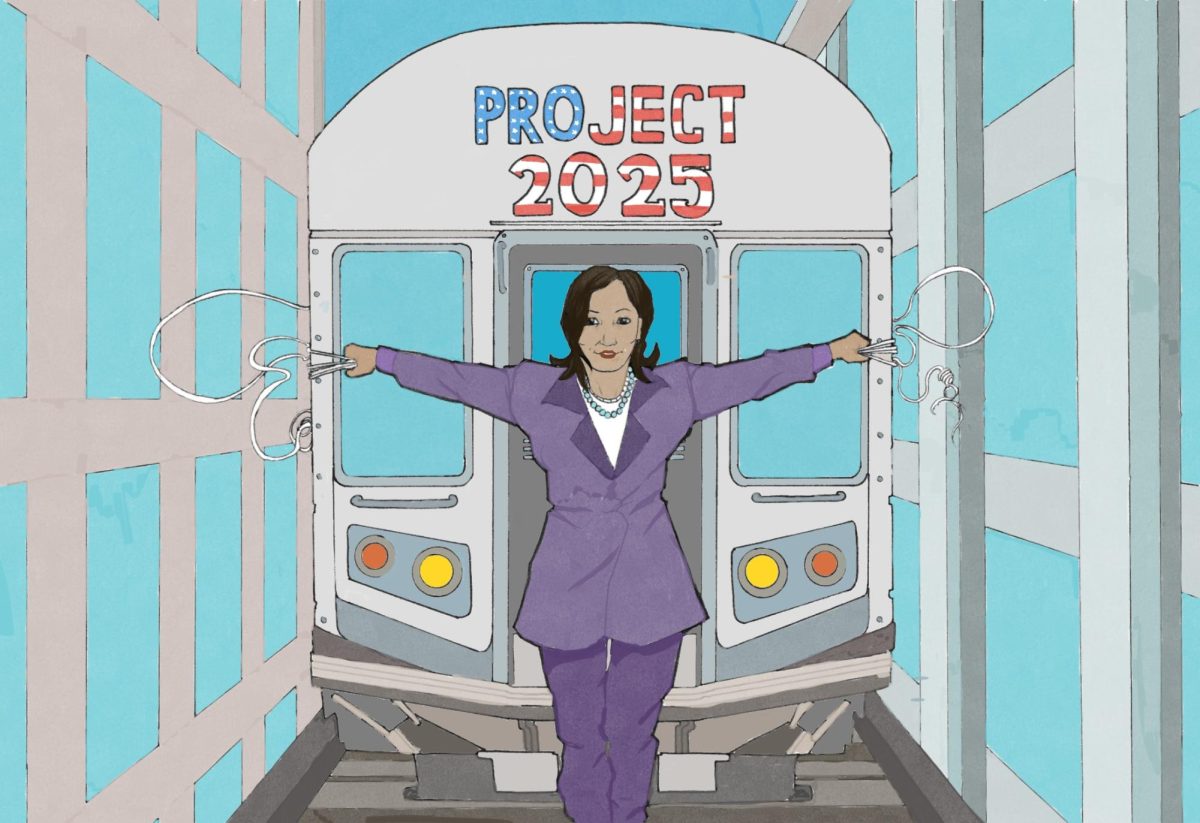Asking professor Jeff Ramdass, a psychology and statistics professor, how the transition struck him, he said, “For me it was more disappointment than shock. And the reason for that is ‘oh, everything is going normal and then, after a few minutes or a few hours, it all went away.”
“I don’t think it was a decision I think anyone was ready for. It wasn’t a decision I was particularly thrilled about. I don’t think it plays to my strengths, if I have any,” he added.
“I started getting an idea that this could happen here, seeing schools sending students home a week before. It wasn’t until a day before [that] we had some community colleges moving online for the foreseeable future. So I knew it was possible, I knew it was likely that it would happen here too.”
On how soon he shifted gears to the online environment, Ramdass said “I gave myself a few days to assess the situation. So we got the news on Thursday and I started the transition the following Monday.”
John Haas, a history professor, also commented on the transition to online teaching for him.
“I like interacting with the students, so now not having [the] opportunity to engage with the classes was a little difficult for me,” he said.
Some professors had online components already incorporated in their teaching plans before the move to online was decided.
“I had a few of my lectures. I film them at home [and they] are on my Vimeo account for my students. This was kind of prior to the move online,” said Haas.
Haas said once he learned that the move was happening, “I thought to myself alright John we’re going to have to really get organized and make everything accessible on Canvas.”
The effects on students have been a noticeable variety.
“It’s a mix. Some students are sad and some are resilient, and some are sad that we aren’t in class learning in person,” Ramdass explained.
Regarding whether or not Haas has seen a fall in the number of students in class, he said, “I think synchronously it has fallen off tremendously. Some times you’ll get eight,12 or 20 students who are actively participating but I think that has to be qualified with some who catch the lectures online at any given time.”
With summer sessions quickly approaching, professors are preparing to adjust their summer lesson plans to the new normal.
Ramdass said that he doesn’t anticipate any drop in the performance of students during the summer due to them giving up part of the summer to be present in class and advance their educational careers.
On a personal note, I’d like to give a shout-out to all the faculty and staff who are simultaneously struggling with and overcoming the shift to online teaching.
These educators are dealing with the same hardships we are and they are doing a hell of a job. We students appreciated your work and know that your efforts are making us better students as a result.










